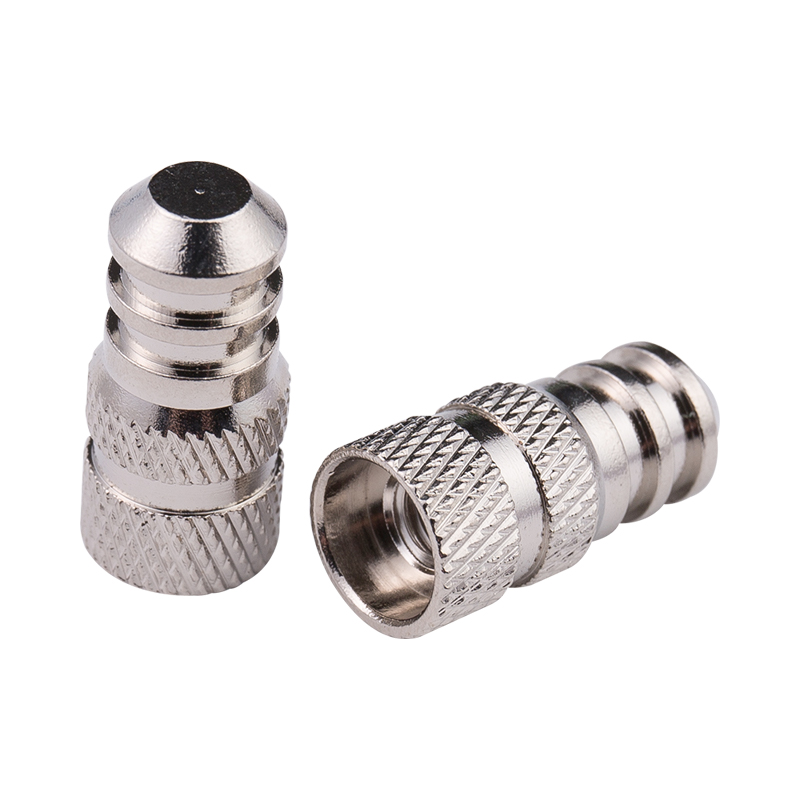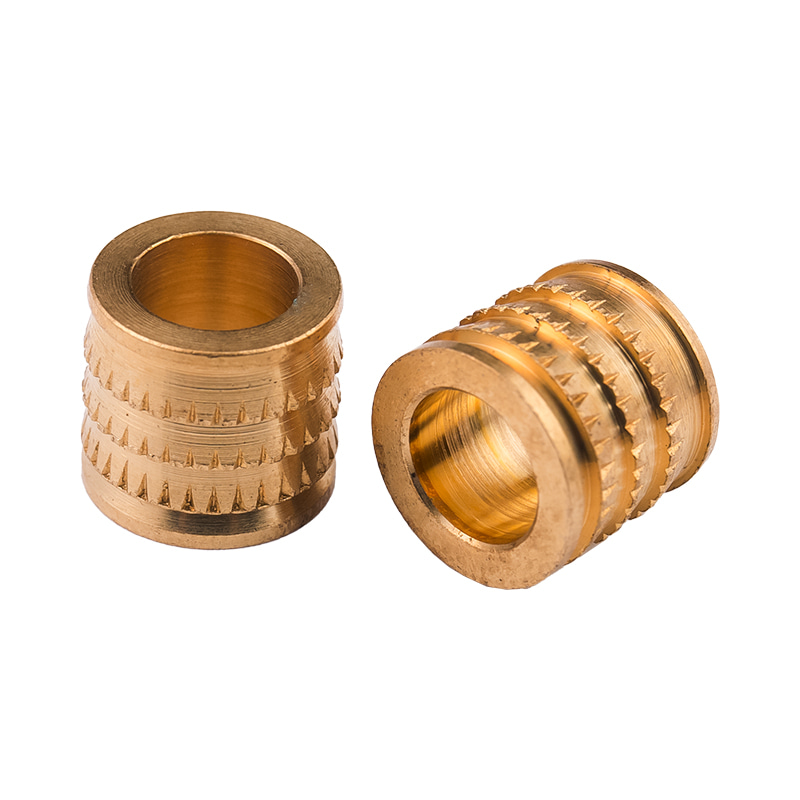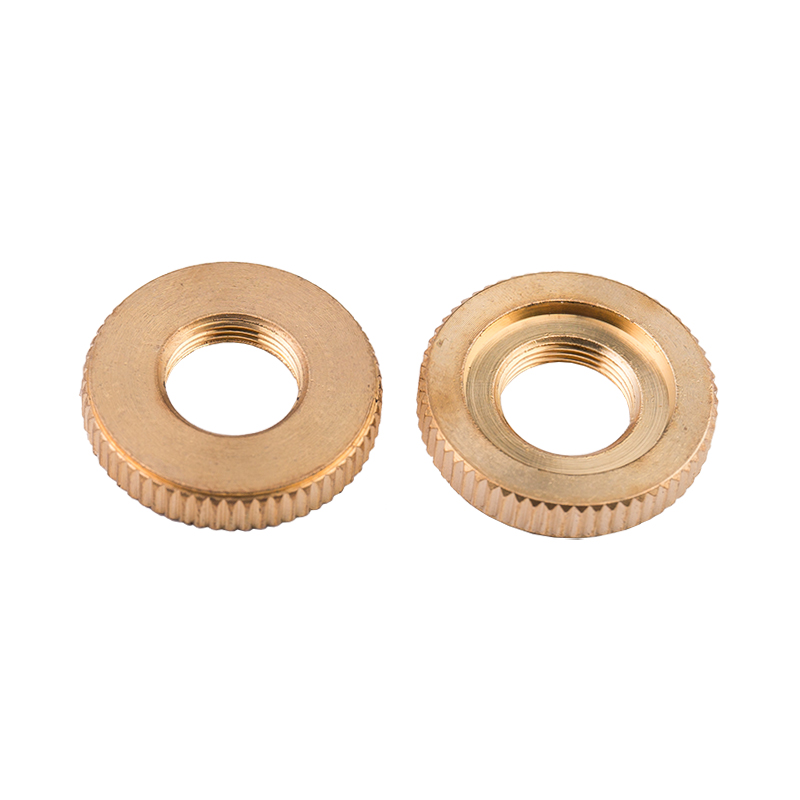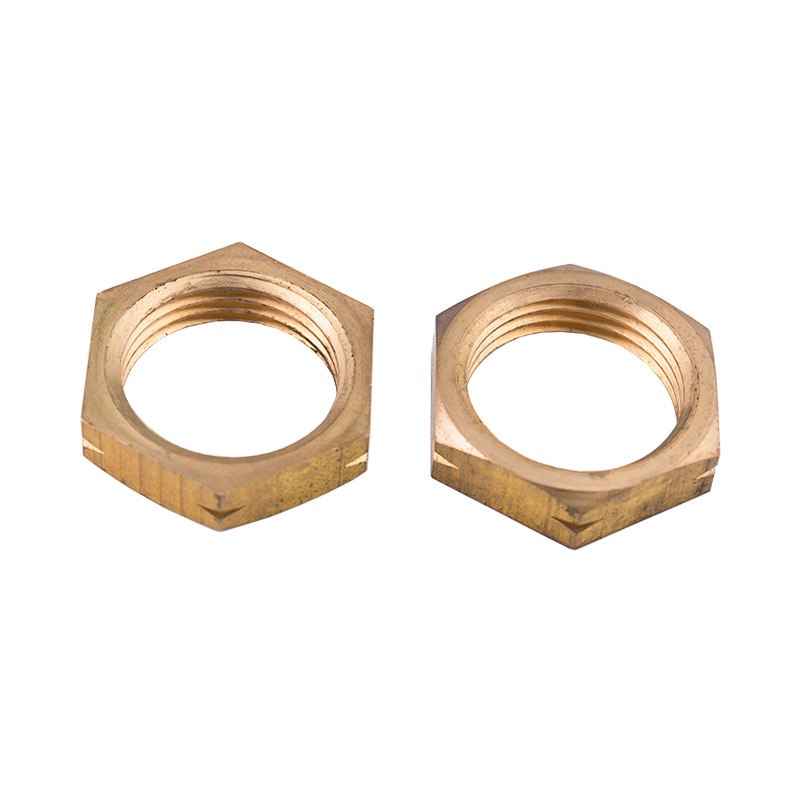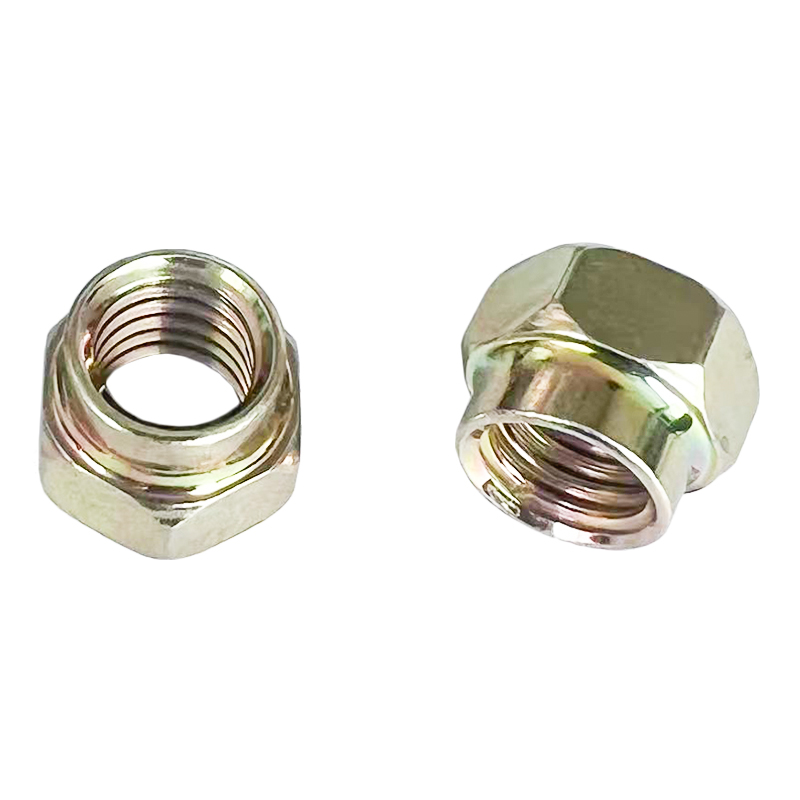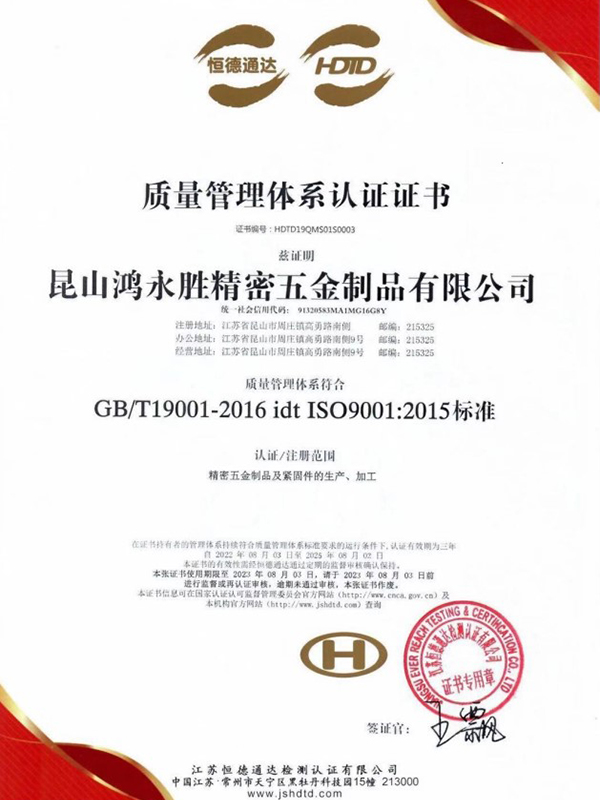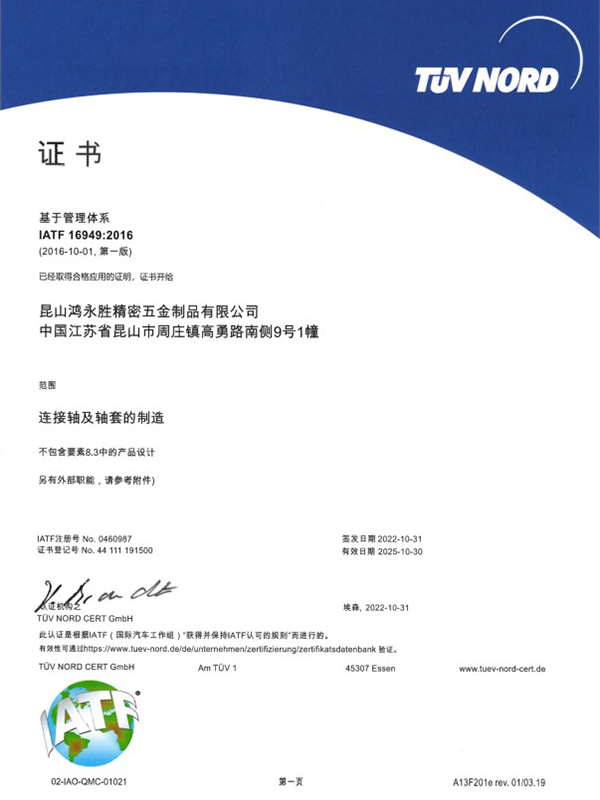Definition and Basic Concept of Hexagonal Rivet Nuts Hexagonal rivet nuts are internally threaded fasteners designed to create strong, load-bearing threads in thin or hollow materials where convention...
READ MOREThe company has obtained two quality system management certificates of ISO9001:2015 and IATF16949:2016.
At present, the company has been for Japan, Sweden, the United States, Singapore, Malaysia, Hong Kong and the Pearl River Delta and many other customers to provide services, now the main customers are: Japan Sharp (SHARP), Japan SMC, Japan Panasonic (Panasonic), the Swedish automobile VOVOL, etc., all the fixed assets investment of more than 30 million dollars, welcome friends from all walks of life to the factory to visit, study, consulting and come! We welcome friends from all walks of life to visit our factory, investigate, consult and come to us for sample processing.
We are looking forward to establishing a good business partnership with you with mutual trust and reciprocity!
-
-
Understanding Sealing Requirements in Hydraulic and Pneumatic Systems Hydraulic and pneumatic connections operate under internal pressure, media flow, and frequent pressure fluctuations. In these syst...
READ MORE -
Introduction to Screw Hardware Screw hardware is a fundamental component in construction, manufacturing, and DIY projects. It plays a critical role in joining materials securely, providing structural ...
READ MORE -
Introduction to Round Head Cross Bolts Round head cross bolts are a type of fastener widely used in construction, machinery, and industrial applications. They feature a rounded head with a cross slot ...
READ MORE
Can non-standard copper nuts be tailored to specific temperature or pressure requirements?
Of course, non-standard copper nuts can indeed be tailored to specific temperature or pressure requirements. Copper itself has excellent thermal conductivity and is known for its ability to withstand high temperatures. However, when it comes to pressure requirements, the design and dimensions of the nut play a crucial role.
Customization options for non-standard copper nuts can include altering the thickness, thread pitch, or overall size to accommodate higher pressure conditions. Additionally, if the application involves extreme temperatures, the choice of copper alloy can be adjusted to ensure optimal performance.
For applications with stringent temperature or pressure requirements, it's essential to work closely with manufacturers or suppliers who specialize in custom fasteners. They can provide guidance on material selection, design modifications, and testing procedures to ensure that the non-standard copper nuts meet the specific demands of the application.
What is the typical lifespan of non-standard copper nuts compared to standard ones?
The typical lifespan of non-standard copper nuts compared to standard ones can vary depending on several factors, including the specific application, environmental conditions, and maintenance practices. Generally, both standard and non-standard copper nuts exhibit excellent corrosion resistance, especially in humid environments, due to copper's inherent properties.
In terms of longevity, non-standard copper nuts can offer similar or even superior lifespans compared to standard ones when properly customized to meet the requirements of the application. The customization process allows for adjustments in material composition, surface treatments, and other factors that can enhance durability and performance.
Factors influencing the lifespan of non-standard copper nuts include:
Environmental conditions: Exposure to corrosive elements, such as saltwater or acidic chemicals, can impact the lifespan of copper nuts.
Installation quality: Proper installation techniques and torque specifications can prevent premature wear and damage.
Maintenance practices: Regular inspection and maintenance can extend the lifespan of copper nuts by identifying and addressing any issues promptly.
Load and stress levels: Copper nuts designed for higher load or stress applications may have shorter lifespans compared to those used in lighter-duty applications.



 русский
русский Español
Español